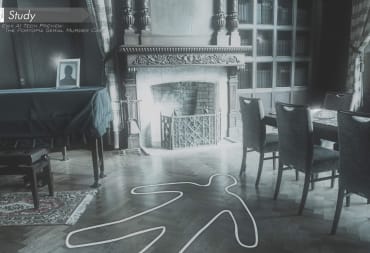This week, the EFF filed a brief with the Ninth Circuit Court of Appeals, in response to a California district court ruling that greatly expanded copyright on pre-1972 recordings. Flo & Eddie, a company owned by the band the Turtles, has sued Sirius XM for playing the Turtles recordings without permission. The case stems from a quirk in copyright law which leaves control of copyright on pre-1972 recordings in the hands of the states rather than the federal government.
Flo & Eddie are attempting to take advantage of the often vague and unclear patchwork of state laws that govern copyright in order to get the courts to expand copyright on pre-1972 recordings. A recorded song actually has two copyrights that apply, one for the composition of the song and one for the actual recorded performance of the song. This case deals with the second right, the Turtle's rights to the songs they performed. Although radio stations are required to pay royalties to the songwriters, or whoever happens to own the rights to the composition, there is no requirement to pay or obtain permission from the performers. The performers' permission is still required to distribute copies of the recording, but not to broadcast it on the radio.
Now Flo & Eddie are attempting to obtain through the courts a right which has never been recognized by law, a right for the performers to decide who can publicly play their recordings. Flo & Eddie have filed suits against Sirius in 3 states, claiming damages for the broadcast of their songs. A judge in Florida rejected the claims, but district judges in California and New York have both found Sirius liable for copyright infringement. Last month, the EFF filed a brief with the Second Circuit Court of Appeals regarding the New York case, and their arguments were much the same as they are now in Ninth Circuit.
The EFF argues that granting this right to performers will benefit larger broadcasters who can more easily negotiate for the rights to play the songs, at the expense of smaller upstart broadcasters, and they believe it wills stifle competition. The EFF also argues that there is no need to add this right, since the purpose of copyright is to encourage the creation of new artistic works, but a new right the only applies to recordings made before 1972 will not encourage new songs to be created. The EFF also believes that if any new right to control public performances of recorded works is to be created, it should be done by Congress or state legislatures, not created by the courts.
Should performers have the right to control who broadcasts their recorded performances? Leave your comments below.







